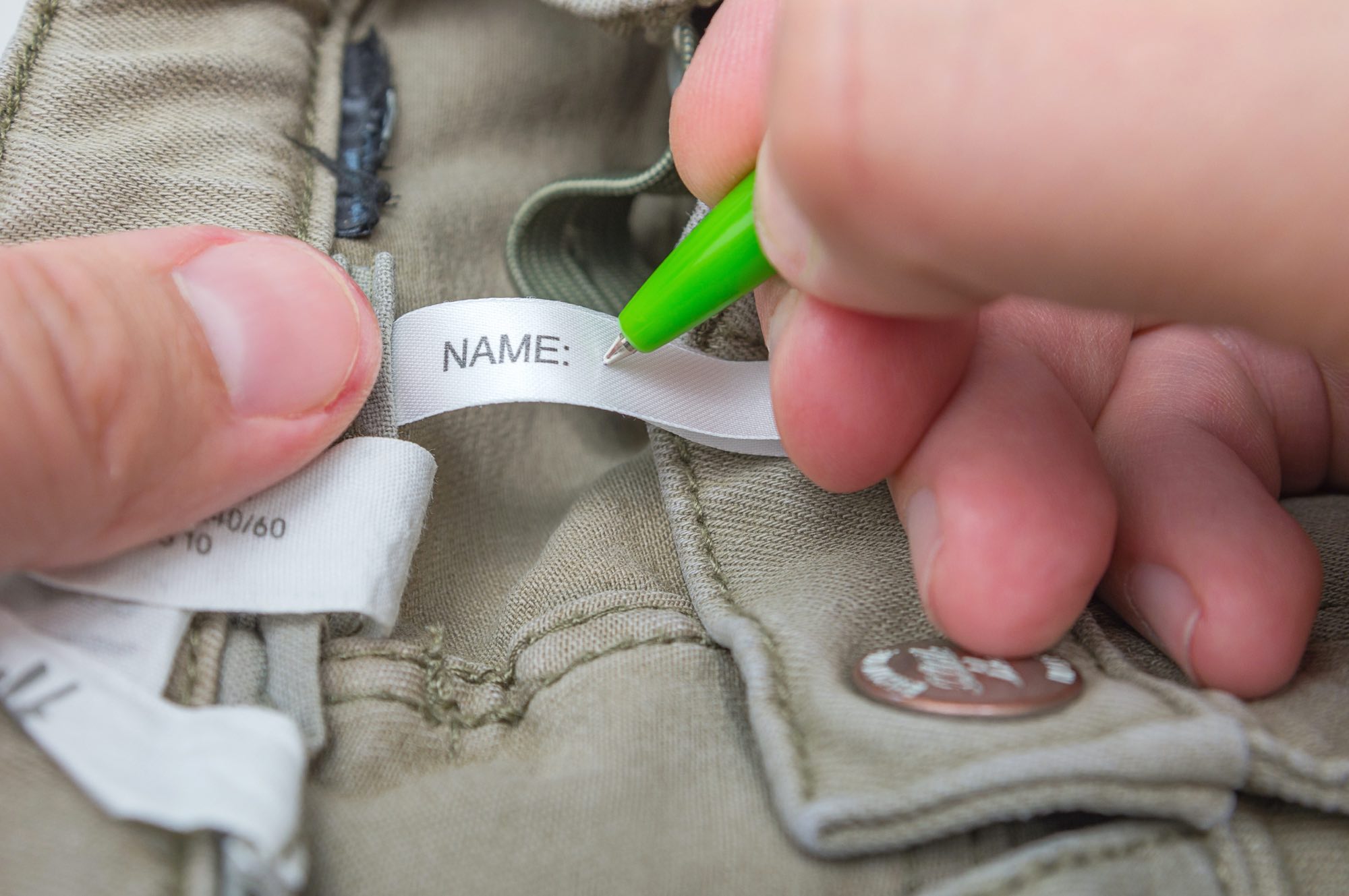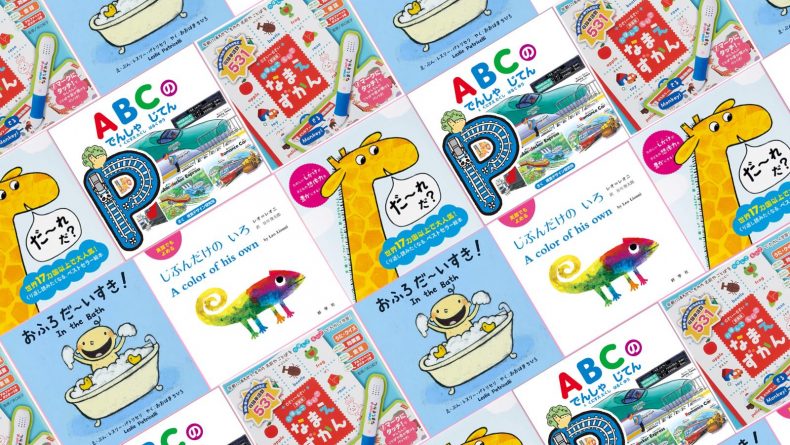What’s In A Name? Baby Naming As An International Family In Japan
The Right Name For Your Small Citizen Of The World
Whether you are looking for a Japanese name, an international name, or one from your home culture, read on for helpful strategies to bestow the perfect moniker upon your little-one-to-be.
Choosing a baby name—in Japan or elsewhere—can be challenging regardless of your cultural context, and even more inside an international family. With potential unwelcome advice from your in-laws, criticism from your co-workers, and pregnancy-brain to blame for your own waffling name style allegiances, it’s no wonder that many parents are choosing to keep their baby’s name a secret until the birth.
Fact: People are far less likely to complain about a name when faced with the adorable baby in question!
An infinite list of questions
Should we go with an honor name after our relatives?
Is popularity a pro or a con for us?
Do we care about a name’s meaning?
Is the sound of a name our primary concern?
How about the flow of the “sibset” or how siblings’ names sound together?
As an international family in Japan, these usual baby name questions can’t get the job done on their own. Instead, for example, you also have to consider the child’s future both in and out of Japan, how the name will sound in multiple languages, and even what language you want your child’s name to hail from.
When I named my daughter, I was still living in Canada—but I knew that we would likely be coming to live in Japan in the near future. To complicate matters, for family reasons, we wanted the name to be easily pronounced in English, French, Khmer, and Italian! I also was not sure where she would spend most of her life. As such, I decided against skewing the name choice too much in one (cultural) direction or another.
And, then, I am also really picky about names in general! “The Name” couldn’t have been worn by anyone I disliked over the years, nor could it be too popular or too obscure. To make matters worse, I was committed to a botanical name in the middle. So, for anyone very overwhelmed by their decision, I feel you!
Below is a list of things to consider, from one anxious Mama to another, when you are naming your baby in Japan.
1. Name Origin
Something to consider:
Do you want to use a Japanese name, a name that is “international” or hard to place on a map, or a name from your home culture?
There is no right answer to this question, only what feels the most appropriate for your family. If you are interested in a Japanese name, why not check out the charts of top baby names in Japan? Or you could choose among relatives, if you have a Japanese family, or from a Japanese media or literary source that you’re a fan of.
“International” names sourced in western baby name books and sites are often skewed towards Europe and Latin America. From a Japanese perspective, “Matteo,” for instance, doesn’t straddle the boundary between Japan and other countries in a way that gives it a borderless feel, right? However, there are some great names that work in and out of Japan, even if their pronunciations may differ!
Five commonly cited “international” names for girls are Emma, Mina, Mia, Naomi, and Reina.
For boys, five names that can work easily cross-culturally are Reo/Leo, Dan, Ken, Kai, and Reon/Leon.
Regarding your home culture, only you know best! Perhaps check in with friends, coworkers, or old classmates at home on social media and see how they are naming their babies.
2. Name Popularity
Something to consider:
Do you want to use a popular name, a familiar name, or an unusual name?
Some people love popular names for the sense of kinship that ties children to their peer group. Your little one is unlikely to be made fun of for having an “in” name, perhaps shared with one or several classmates. But, for some parents, growing up with an overly popular name is an experience they would rather their child avoid.
Familiar names are ones that are recognizable but are not currently at the peak of their popularity, like so-called ‘classic’ names in English. I grew up with a familiar classic name and I always liked it, especially since it ties me to my beloved grandmother. Also, here in Japan, although it is long to write in katakana, it is a name most Japanese people recognize.
Unusual names showcase parents’ creativity and often link back to special memories or themes. But, if the name is very unheard of, some also worry that it can force your kid into a lifetime of having to explain their name. Regardless of your position, in Japan and abroad, the popularity lists are becoming more diverse. In other words, there are more names in use and fewer babies get given the “top” names than ever before!
3. Name Flow & “Sibset” Flow
Here in Japan, and overseas, many people are also concerned with how a name flows with their surname. Some like a shorter first name with a longer last or vice-versa, while others want the first and last to be more equally balanced. And what about how siblings’ names connect to each other? In the naming world, this is referred to as a “sibset”—the set of names given to siblings of the same family. Some parents are interested in siblings sharing a common letter, sound, or theme in their names while others strive for the opposite. Think, for example, of siblings who all share unisex names, word names, or nature names.
In Japan, naming books are more likely to suggest tying your family together than encouraging individuality through names. For instance, a parent and their children may share one of the same kanji. Siblings can also have names starting or ending with the same sound (brothers Kanto and Yuito, for example) or names which are all in the same theme (like sisters Sumire and Sakura named after flowers).
Bonus! Japanese Naming Strategies:
Japanese baby-name books usually suggest one of the following strategies. Of course, most of these work only if you can and want to use a kanji name for your child.
View this post on Instagram
Kanji Strokes
Choosing a name based on the number of strokes (or first and last name combinations) which are associated with luck. Although you used to have to go see a fortune teller in order to discover the luckiness of certain strokes, now, many websites claim to be able to calculate for you. Even more personalized, some websites also provide you with a personalized how-to-name-your-baby book which only includes combinations pre-approved for good luck!
Kanji Meaning
Choosing a name based on the meaning of one or several kanji. Take 杏 whose meaning is “apricot,” as an example: Japanese name books say that using this kanji, a representation of a tree with both beautiful flowers and delicious fruit, implies that you hope to raise a wonderful girl, both in terms of beauty and substance!
Imagery
Choosing a name based on imagery that speaks to you and your family. This could be based on the season they are born, which have associated kanji, like 元 for winter as in 元 (Hajime, boy) or 元香 (Motoka, girl). Or, this could be in the form of a trait, like kindness, which also has suggested kanji, such as 心 in names like 心悟(Shingo, boy) or 心優(Miyu, girl).
Sound of Name/Letters
Choosing a name based on liking how it sounds or liking what it implies in Japanese. For example, it is said that names beginning in ra-ri-ru-re-ro sounds are the number one for career success since their bearers are viewed as cool and direct in speech. Indeed, as naming books painstakingly explain, ra-ri-ru-re-ro in Japanese are pronounced by flicking your tongue delicately, like falling flower petals.
As such, these names are evaluated as beautiful as flowers in childhood. Apparently, this is also why many Shojo manga heroines are named using these sounds! This positive childhood appraisal, in turn, builds self-esteem leading to the child growing into a confident and well-spoken adult—perfect for climbing high on their chosen career ladder.
Although naming, especially as an expat, can seem overwhelming sometimes, it can also be a fun and creative process that connects parents to their future baby. I hope this guide gives you some ideas of things to consider when you are up against this all-important decision. Good luck!



















Leave a Reply